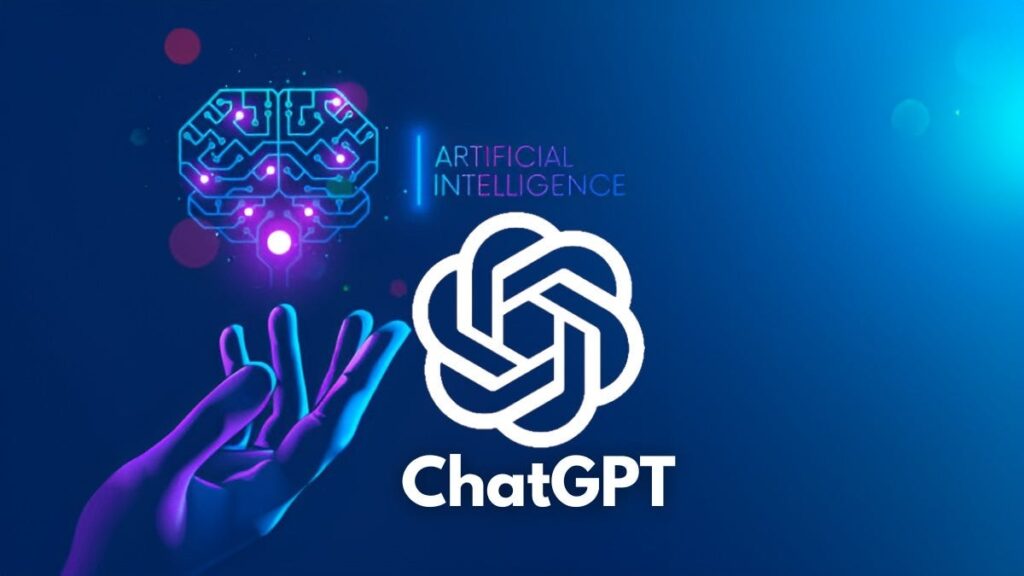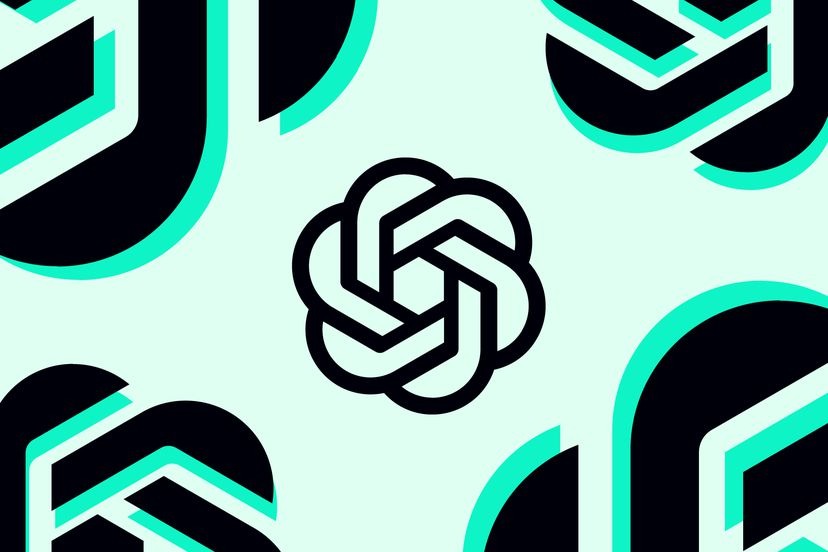ChatGPT is a conversational AI chatbot created by Anthropic that has impressed millions with its human-like responses. However, one key limitation is that it lacks long-term memory – ChatGPT forgets everything you told it in previous conversations.
What if ChatGPT could remember personal details and reference previous conversations? This article explores the potential uses and privacy implications of giving ChatGPT long-term memory.
How Does ChatGPT’s Memory Currently Work?
At present, ChatGPT has no long-term memory. It cannot learn or remember anything about you over time. This approach has benefits:
- Conversations start from a “clean slate” each time
- No risk of ChatGPT retaining or misusing personal information
However, the lack of memory also comes with drawbacks. Notably, ChatGPT cannot reference or recall anything you told it previously. This can limit functionality for certain uses.

Potential Benefits of Long-Term Memory
Giving ChatGPT the ability to learn and recall personal details over time unlocks new possibilities:
1. Formatting and Personalization
ChatGPT could remember minor preferences like your name, preferred salutation, writing style guidelines, etc. This means less repetitive setup each conversation.
For example, ChatGPT may greet you by name or structure meeting notes to match your organization’s format without prompting each time.
2. Context and Continuity
With long-term memory, conversations can build on context from previous chats. This may enable more advanced functionality over time.
As one example, ChatGPT could provide personalized book or movie recommendations based on an understanding of your interests built over multiple conversations.
3. Memory Aid
In family or workplace uses, ChatGPT could act as an external memory aid by recalling details like:
- Your child’s food preferences and allergies
- Key talking points from last week’s client meeting
- Upcoming deadlines or appointments
This could reduce mental load and ensure important information is not forgotten.

Privacy Concerns Around Remembering User Data
Allowing ChatGPT to learn and recall personal information also introduces potential downsides:
1. Data Security Risks
By retaining user data for longer periods, ChatGPT also becomes more vulnerable to security breaches and hacking attempts. This raises the risk of personal conversations being leaked or exposed.
2. Transparency Around Data Use
OpenAI acknowledges using select user conversations to refine its AI models. The specifics remain unclear – like if personal details could be retained.
More transparency is needed so users understand exactly how any remembered data may be utilized behind the scenes.
3. User Control and Preferences
If ChatGPT begins remembering personal details between chats, clear user controls become necessary around:
- What information ChatGPT should retain or forget
- How long different types of data should be stored
- When and why OpenAI accesses remembered user conversations
Giving users granular control preserves privacy while still benefitting from personalization.
The Outlook for ChatGPT’s Memory Features
For now, ChatGPT still lacks any kind of long-term memory. And the jury is still out on whether remembering user details is the right move due to privacy reasons.
However, Anthropic has hinted memory features that put the user in control could be on the horizon. The no-memory approach has its limits – so enhanced functionality while prioritizing privacy may emerge as the ideal compromise.
As ChatGPT continues to develop, users will likely see new customization around what information it retains conversation-to-conversation. But only time will tell exactly how ChatGPT’s memory capabilities evolve.










Add Comment